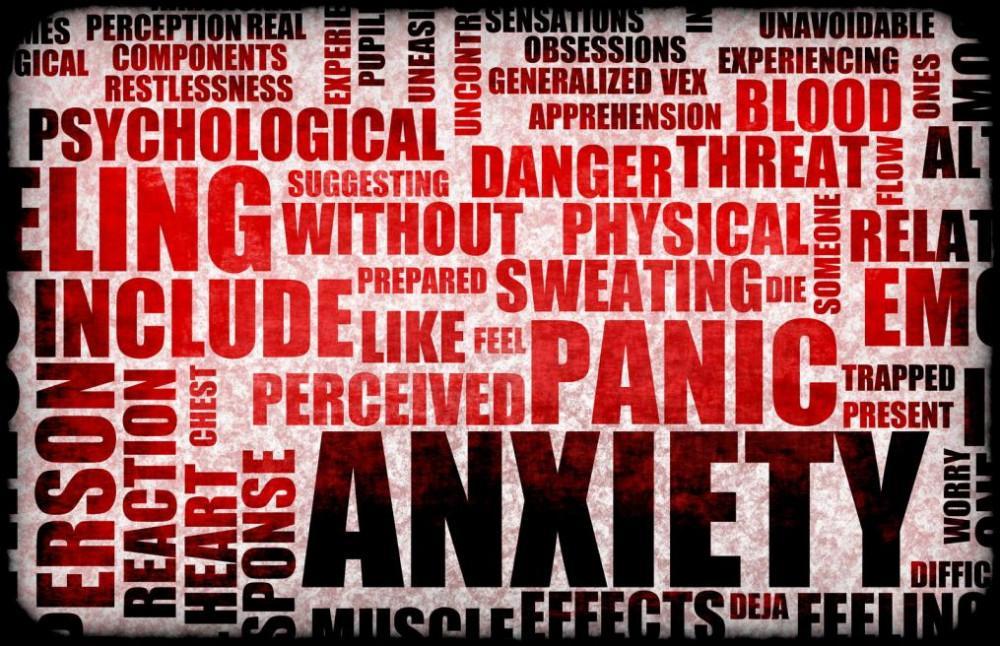While stress and anxiety go hand-in-hand and can feel very similar, they are different. But it is easy to see why people often confuse one for the other.
It is important to understand that stress is a normal part of life – it can even be positive and beneficial for you given that it is in moderate levels. On the other hand, anxiety is triggered by excessive stress and can prove to be devastating for the sufferer.
You must have heard of the term ‘anxiety disorders’ – well, it is certainly not a myth! Persistent anxiety over an extensive period of time turns into an anxiety disorder, which is bound to be disastrous for your health.
Considering the fact that anxiety is related to an individual’s mental well-being and not physical, it hurts to say that people do not take it seriously. Anxiety sufferers are often considered weak and told to ‘calm down’, ‘get over it’, and ‘just stop worrying’ – what a slap in the face! Their anxiety is often disregarded as a passing trend and people assume that they are just making everything up and over exaggerating their worries.
If you have not experienced an anxiety disorder, these comments may seem understandable. But they are far from the truth and don’t really help.
Understanding anxiety
So, what is anxiety in actuality?
It is waking up in the middle of the night feeling like your throat is clogged. It is taking a sleeping pill every night because you know that if you don’t, you will be lying awake in bed until the sun is up. It is tossing and turning and trying to take slow breaths to calm your mind. It is feeling as if your head is going to explode if you do not get all those thoughts out right then and there. And it never stops.
In short, it is much more than ‘just stress’.
The distinguishing factor of stress and anxiety is that anxiety involves excessive, persistent fear and worry of what might the future unfold while stress usually involves present concerns. Moreover, you can usually identify the cause of your stress – like family problems, work pressure, or financial woes. These are easy to recognize as well as temporary. However, anxiety feels like coming from nowhere.
Contrary to stress, anxiety can actually change your thinking, feelings, and behavior. It not only disrupts your thought patterns but also swaps awareness for worry, confidence for fear, and hope for doubt.
The symptoms and impact of anxiety
Following are some common symptoms of anxiety.
- Shortness of breath
- Dizziness
- Confused thinking
- Increased heart rate
- Difficulty concentrating
- Trembling
- Forgetfulness
- Sleep problems
- Emotional upset
- Digestive problems
- Vision problems
Feeling stressed or apprehensive is one thing but experiencing these strong physical symptoms is another. Anxiety can impact your entire body, resulting in the deterioration of your physical, mental, and emotional health. Even worse, anxiety sufferers deal with these effects 24/7 for several days, weeks, and even months.
For people who think anxiety is ‘just stress’ and its sufferers only try to make their worries seem bigger, believe it or not, they would give anything to get rid of it. Nobody chooses to suffer from anxiety and the best approach is to support them and help them overcome it.
To make an appointment at irvingprimarycare.com in Irving, TX, visit https://www.healthonemedicine.com/.

